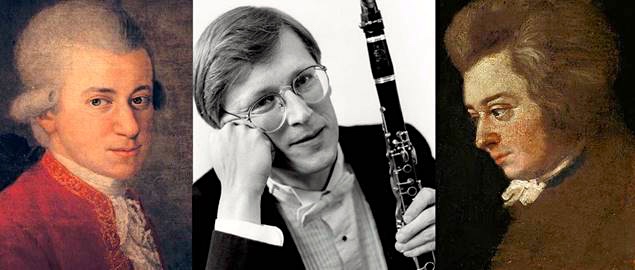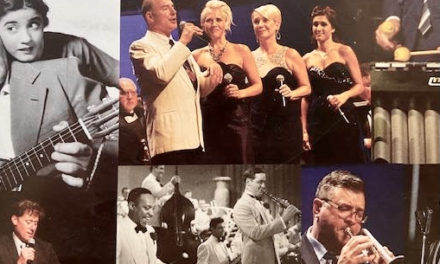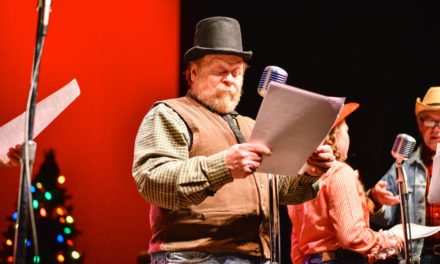By Daniel Buckwalter
Twice this season, I have had the pleasure of listening to the ever-evolving chamber music ensemble called microphilharmonic on a late Sunday afternoon in the Jaqua Concert Hall at The Shedd, and each time I have walked away with two conclusions.
First, thank God there was a warm and dry place for me to go and listen to high-quality chamber music. Between a bone-chilling cold winter Sunday and rain-soaked spring Sunday, I have been reminded that the weather has, in a word, been awful.
Secondly, microphilharmonic (like any terrific group or individual performer), has left me wanting more. This is not the ensemble’s fault. Its concerts typically run a touch more than an hour, and this past Sunday was no exception, but I could have stayed another hour to listen to this thoroughly professional work.
The ensemble — which refers to itself without an initial capital letter — is that good. Its sound is a sanctuary for the awful weather days, and the small but supportive audience at The Shedd deeply appreciated the performance.
Alas, microphilharmonic concluded its second season on April 7 with its performance of Harmoniemusik II – Mozart. It was a salute to Wolfgang Amadeus Mozart’s Serenade No. 12 for winds in C minor and selections from The Marriage of Figaro.
The ensemble rotates between eight and 15 members. At its core are the co-artistic directors, the husband/wife team of Michael Anderson (clarinet) and Alice Blankenship (violin). At the final concert of the season, Anderson was joined by another clarinetist, two oboists, two French horn players, two bassoonists and a contrabass player.
The program was a salute not just to Mozart (who may or may not need it), but also to the historical period of the Harmonie, roughly the mid-1700s, which was employed by an aristocratic patron. The Harmonie would play recreational music, often outdoors, and music composed for Harmonie is called Harmoniemusik.
In the hands of microphilharmonic, the selections from The Marriage of Figaro were particularly notable. The oboe players (especially Meliessa Peñn, an associate professor of oboe at the University of Oregon) carried the high-octane singing portions of the opera. It was enjoyable.
And I could have listened to another hour of it all. (Sadly, I had to trudge home through the slop of another spring storm and be reminded as to why Lewis and Clark left Oregon and never returned.
However, microphilharmonic will return.
Next season, microphilharmonic will have five concerts. They announced on Sunday that the ensemble’s main sponsor will be Diane Gardener of Eugene, a longtime champion of the arts who sponsored two microphilharmonic concerts this season.
Whether in fair or foul weather, it’s worth going to The Shedd to hear this ensemble.








